How to prevent gas explosions
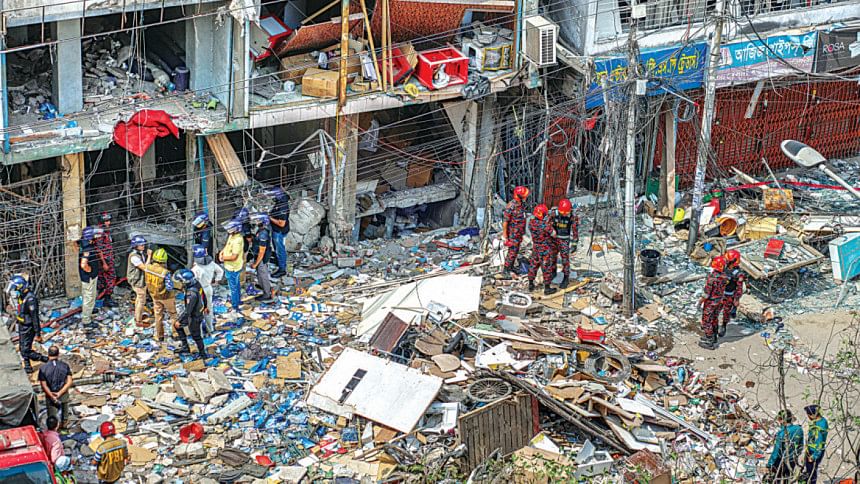
Bangladesh is fortunate to have natural gas resources that we have been using for cooking and other household uses, for commercial-scale kitchens at restaurants and hotels, and for industrial-scale manufacturing at factories for many decades now. The gas is supplied for consumption at homes, restaurants, and factories by a network of pipes that carries the gas from generation to transmission to distribution.
In this piped network, the quality of infrastructure varies from point to point, but most often the connections at the terminal devices such as burners, heaters, and ovens tend to be leaky. In fact, in most countries where piped natural gas is used, this is usually the case. One can see the similarity with leaky water taps that drip and waste water supplied by Wasa all the time.
However, dripping water, though wasteful, is not dangerous to those around, while leaking gas can be disastrous. We got a harsh reminder of that last month when more than 20 people lost their lives as a commercial building in Gulistan collapsed due to gas explosion caused by leaks in commercial gas connections there. This was neither the first, nor can we say that it would be the last, of such ghastly accidents caused by undetected gas leaks.
Natural gas extracted in Bangladesh is one of the purest methane gas available in the world. This highly flammable gas, chemically denoted as CH4, is colourless and odourless in its natural form, making it impossible to detect when it escapes into the atmosphere through leaks and cracks in burners, ovens or pipes along the way. This gas is also heavier than ambient air and so when methane escapes through leaks, it can accumulate in shuttered kitchens, basements or underground tanks. From the slightest electric spark or cigarette lighter, such accumulated gas can wreak havoc as it blows up in a huge fireball.
One would think that since natural gas – not only methane, but also other variants such as propane and butane – is used around the world, there must be some solutions to this explosive problem. When I was going to university in the US back in the early 80s, I recall an incident when I visited my roommate's home during a break. I found this odious but fleeting smell in their kitchen, and being naïve about the origin of the odour, I pointed out to my friend that there might be something rotting in the kitchen. He laughed and said, "No my friend, that is the smell of the gas leaking. I probably did not close the burner knob all the way."
I immediately retorted that in our country piped gas does not smell so foul! It was time for a lesson in humility when my friend explained that their gas is also odourless, as is any natural gas, and this has caused many accidents. Then they came up with an additive that is very smelly, so that any time it leaks, people around would be aware of it and take precautions to avoid any accidents. In fact, this additive is a chemical called mercaptan that is highly odious, harmless and very cheap, and is needed in very small quantities – as little as 1.6 parts per billion, i.e. 1.6 cubic metres of mercaptan for one thousand million cubic metres of methane gas – to make natural gas easily detectable. In other words, Titas Gas, the largest natural gas transmission and distribution company of the country, needs only three cubic metres of mercaptan per year to make all gas leaks detectable by humans.
The global market price of mercaptan gas ranges between $2 and $4 per cubic metre or per kg in liquid form. This means that for a few stinky dollars, we could have saved the two dozen lives killed in Gulistan last month, and hundreds of others that died in gas explosions over the years.
Isn't it time we woke up to this simple and ridiculously cheap solution used around the world to detect gas leaks and prevent accidents? Or is it an opportunity for some smart cookie to conjure up a billion-dollar project in the name of gas safety?
Habibullah N Karim is a digital entrepreneurship promoter, investor, and writer.

 For all latest news, follow The Daily Star's Google News channel.
For all latest news, follow The Daily Star's Google News channel. 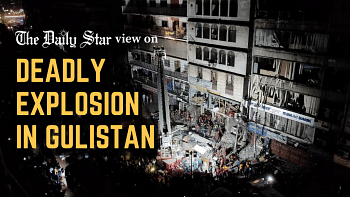
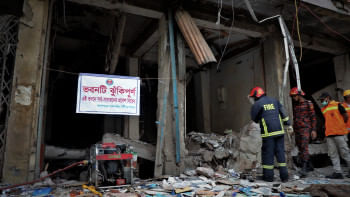
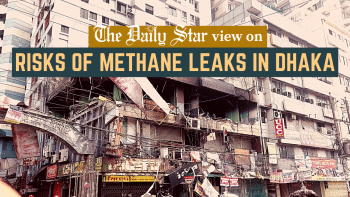




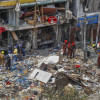
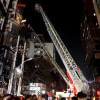


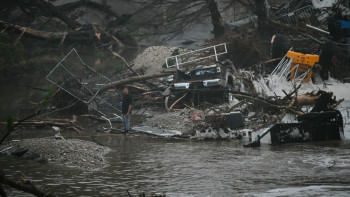
Comments